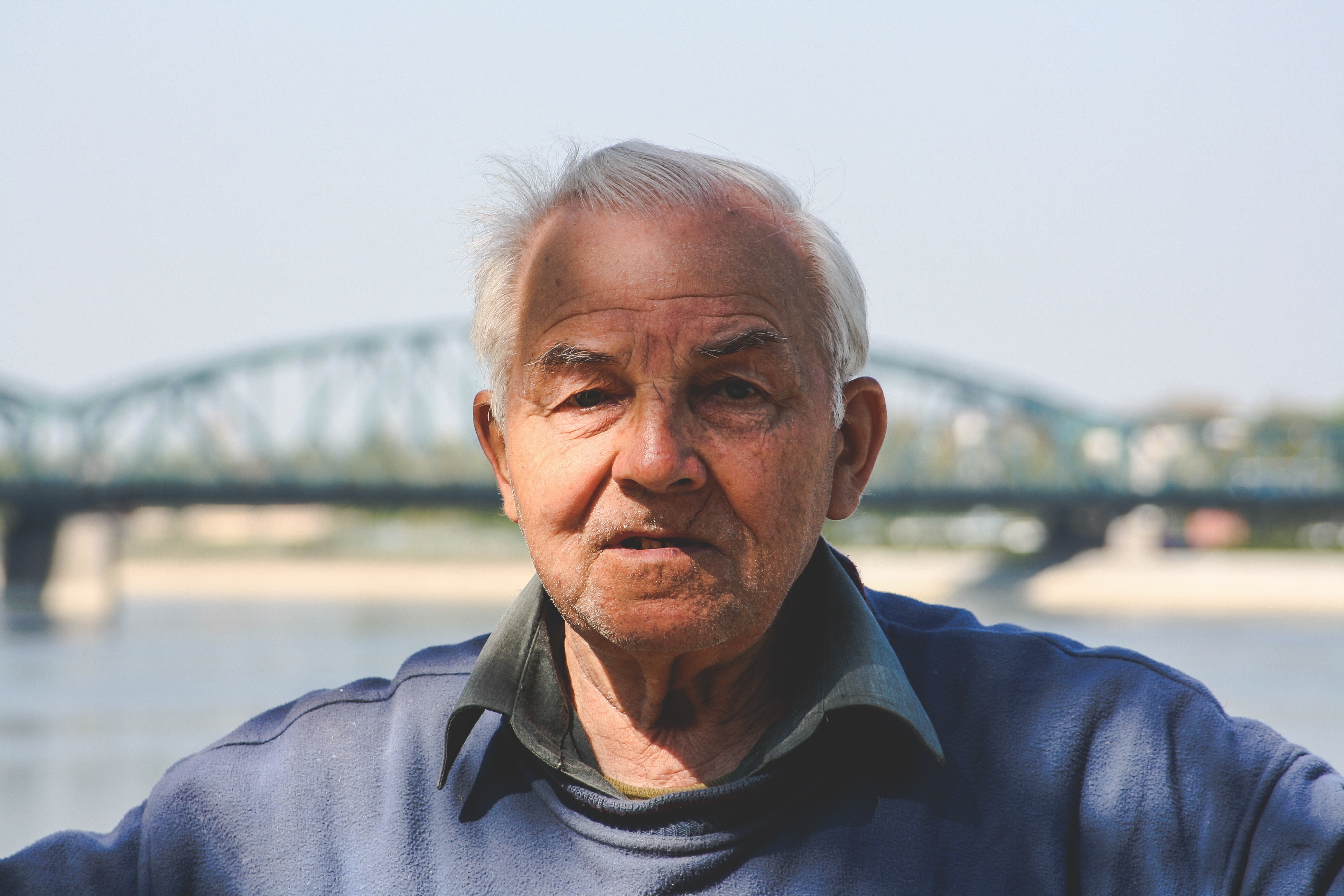Dementia Action Week- Day 2
Most people are aware of the importance of having an up to date will, even if they don’t have one in place. However, where someone has lost the capacity to make a will, attorneys or Court of Protection deputies cannot simply sign a will on someone’s behalf. Therefore, the only alternative is a statutory will which is a will authorised by the Court of Protection.
Sometimes, a person’s wishes are well known. It may also be the case that, whilst they don’t have capacity to sign a will, they can still communicate their wishes. Other times though it can be difficult to make a decision on behalf of a person who has been incapacitated for the majority of their life, as there is little evidence their likely wishes. In such situations the Court will consider moral obligations, what a “normal, decent person” would do, and how the person might be remembered after their death.
The Court of Protection cannot make a decision on a person’s behalf unless they lack capacity. Therefore, medical evidence confirming the lack of capacity is required. In addition to the medical evidence, the Court requires certain forms which include a formal application setting out what is being asked of the Court, full details of the person’s family, assets, liabilities and personal situation and a witness statement setting out precisely what is requested in the draft will and the reasons for it.
Once completed, the application papers are sent to the Court which will then ‘issue’ them. Usually, the next step then is to serve the papers on certain family members, medical professionals and friends. These people have an opportunity to object to the application should they wish to do so.
It is likely that the Court will appoint the Official Solicitor (‘OS’) to represent the person’s interests. The OS’s role is to ensure that the person concerned is separately represented and that the Court has the benefit of their impartial advice.
The Court will then list the application for a hearing before a judge. The time between the issue of the application and the hearing date is usually an opportunity for the Court and the OS to raise any preliminary queries and request additional information.
It is preferable for all of the parties to agree matters on the basis of the proposed will rather than incur the expense and inconvenience of a hearing before the Court. However, following the hearing, an appropriate order is made by the Court. The Will can then be finalised.
What other things should I consider?
The first is whether it is in a person’s best interests to make an application to the Court. An application is a relatively long and expensive procedure. Costs can run into thousands of pounds. Therefore, an application should not be made lightly.
Careful thought also needs to be given to the impact of the proposed will on those who would otherwise share that person’s estate. Are there ways in which the same result can be achieved in a less expensive way? For instance, if, in this case, your father wanted to make a gift to his grandchildren, could the beneficiaries agree to enter into a deed of variation after your father’s death at a much lower cost?
How can Cognitive Law help?
At Cognitive Law we will advise you on the process and, first of all, assist in establishing whether it is commercial and appears to be in the person’s best interests to make a statutory will. We can then assist with the information gathering and forms. We can even help with tracing long lost family members, so that everyone who needs to be told about the application is told. We will typically meet the person concerned and will use various methods to get the best information from them, in the kindest and most sensitive manner. We can assist with the whole process and, if it results in a Court hearing, support you there too. We can also offer practical and helpful support in the event that a dispute arises over the proposed will.
However, the best way for us to assist is, wherever possible, to get a will in place before capacity is lost.
